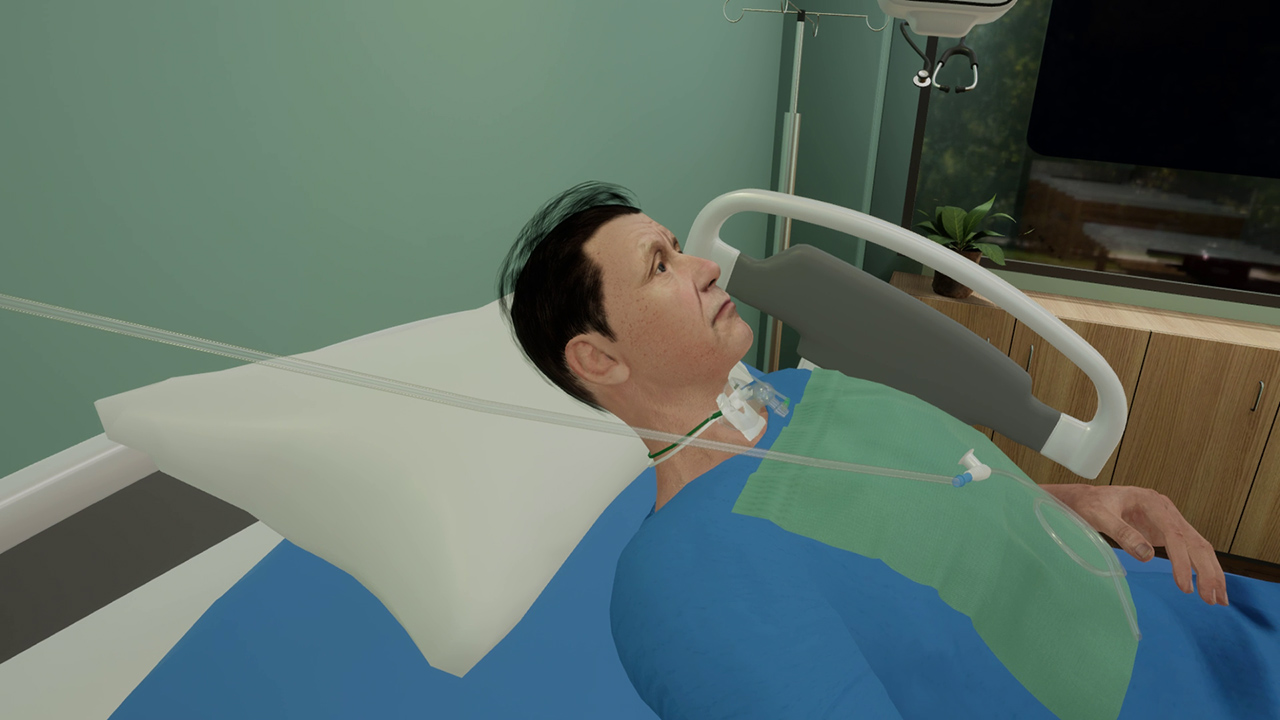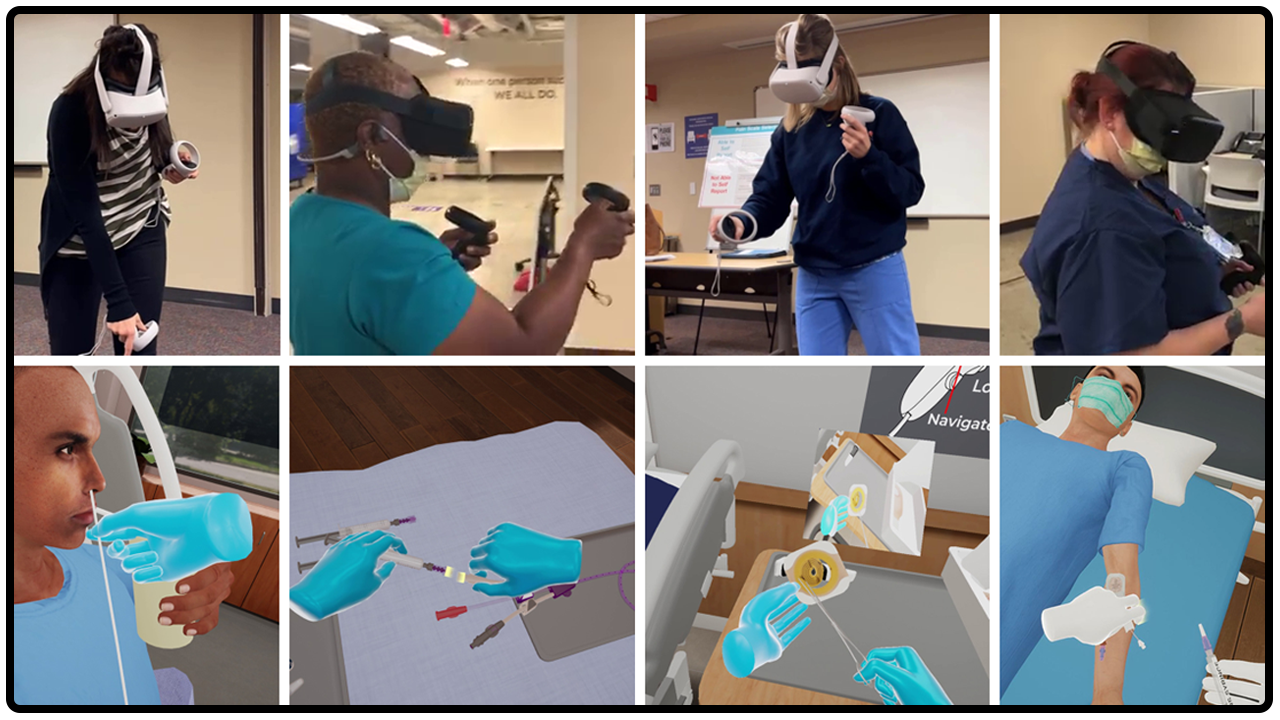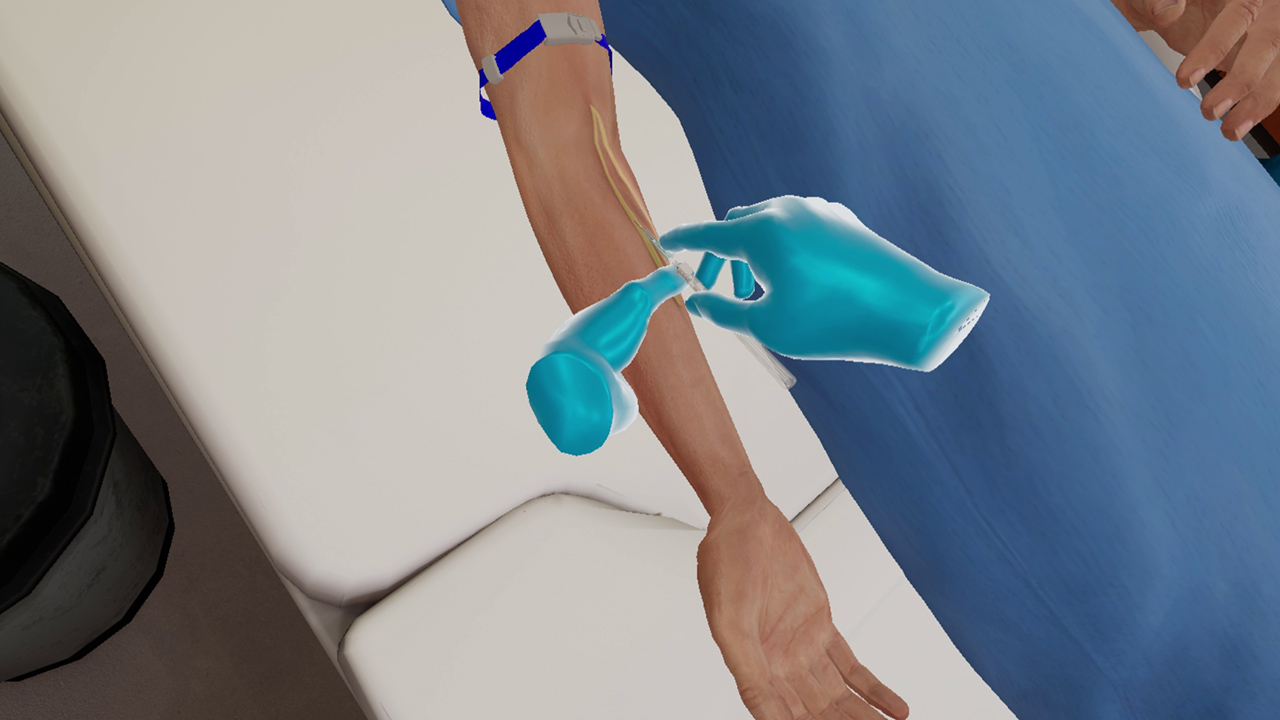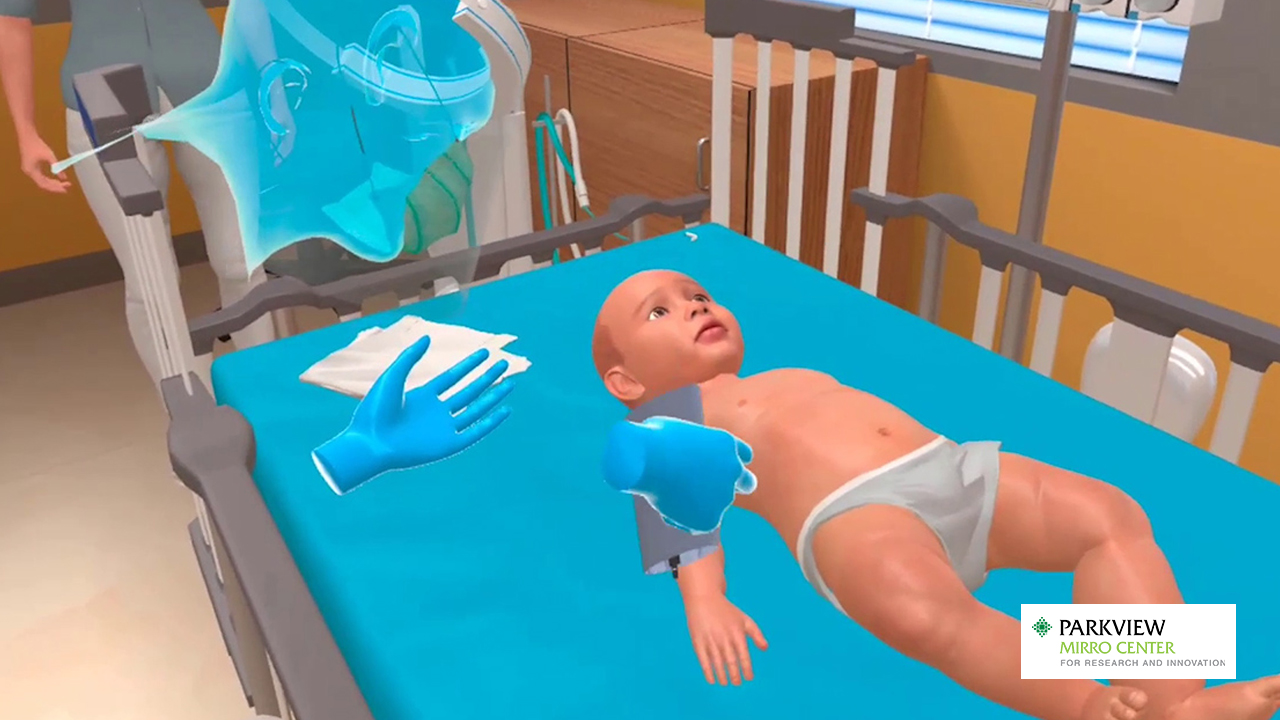
Jenny works on a medical/surgical floor usually but when she got to work today, she was told that she is being floated to the intensive care unit. It has been several years since she has worked in an ICU and is a little apprehensive but is excited for the change of department. The Intensive Care Unit can be intensive. A nurse has to know more about medication drips, lines such as arterial lines, central venous pressure lines, Swan-Ganz catheters, ventilators, tubes such as endotracheal, tracheostomy and chest tubes, intracranial pressure monitoring, intra-aortic balloon pump, drawing of blood for laboratory testing and many more. The floating of nurses to different units has been a common practice for many years and will not change anytime soon. With the ever-changing landscape of the medical field, it can be hard to keep up with all of the new techniques and equipment. Nursing refresher courses are designed for this very purpose; to help Jenny and other nurses to stay up-to-date on all nursing skills.
Changing departments or units can be challenging for any nurse, no matter how long they have been practicing. When it comes to the nursing profession, it is not just about knowing the skills of a certain department or unit. It has a lot to do with the patients one has to care for because their well-being depends upon the nurses. Mistakes and slips are not pardonable here and so a floated nurse has to be absolutely prepared, confident and up-to-date with the treatment and caring methods. Incorporating virtual reality simulations, or VR simulations as we call it, into nursing refresher courses is an effective way of staying current for nurses who are changing departments.

Benefits of using MedVR Ed simulations for Nursing Refresher Courses
VR simulations recreate real-life situations in virtual worlds and allow learners to practice procedures as they would in a real-world setting. Practicing in the virtual world offers nurses an opportunity to not only refresh their skills but also learn new ones. The MedVR Education library hosts numerous VR simulations that can add unparalleled value to nursing refresher courses.
Getting back the groove: Nursing skills are no child’s play. They require attention and precision. For someone who hasn’t performed an IV insertion in over a couple of years, it requires some practice to recharge and re-acquire the skill. Practicing in VR environments is the perfect setting to practice, as many times as required, to be able to perform once again with expertise.
Adjusting to changes in procedures: Science is ever evolving and changes in the medical field are common. What may have been the standard procedure five years ago may now be obsolete. For nurses returning to work after a gap of some years this change may be absolutely new. VR offers a realistic environment to the learner to learn, understand and practice this change in procedure. Once confident in the virtual world, performing in the real-world becomes comfortable.
Learning new procedures: As medical science advances new lines of treatment are adopted, and some new procedures may be introduced. This calls for constant upgrading in skills. For nurses who have had to stay out of active service, these upgrades are new learnings. VR offers firsthand practice in learning these new skills and developing familiarity with the procedure.
Practicing teamwork: Working in a team is a skill. Knowing how to interact, react and respond are soft skills that get better with experience. MedVR Education’s multiplayer simulations offer learners the advantage of practicing and learning skills and procedures in groups. Team members can be in any part of the globe, but they can come together in one virtual space and practice together. Real-time voice-chat makes it easy for them interact in real-time, helping build interpersonal skills as well.
Practicing patient assessment: Included in a nursing refresher course is practicing patient assessment skills. MedVR Education’s virtual patients are AI-based and trained with a massive database that enables them to respond to a wide range of subjects. Interacting with these virtual patients is very similar to interacting with a real person, creating a realistic impression for learners.
Building confidence: Nursing involves taking care of patients, administering medicines, assisting doctors in the treatment procedure, performing pre-operative and post-operative procedures, tending to wounds, and also being able to provide patients with relevant information. Executing all these tasks requires a good deal of confidence. Having been away from the job can take a toll on the confidence of returning nurses. Practicing in realistic environments with AI-based virtual patients can help restore this confidence and give them the boost to perform with renewed vigor.
Building muscle memory: When learners practice procedures in a virtual environment, they perform tasks as they would in a real-world situation. It is a fixed sequence of steps that need to done in that very manner. Practicing a process repeatedly builds muscle memory and eventually leads to increased efficiency. For returning nurses, it is merely a matter of a couple of rounds of practice for them to rekindle that muscle memory, which VR very effectively helps achieve.
Getting familiar with work environment: Every virtual environment created in the MedVR Ed library is a replica of a real-world setup, be it the equipment, the rooms, the attire, and the procedure. The virtual patients are AI-enabled and can converse like real beings. All this recreates the setup of a healthcare facility helping nurses once again get familiar with their working environment.
The MedVR Education library is home to VR simulations like IV insertion, head-to-toe assessment, patient assessment, tracheostomy care, assisting with line or tube insertions, drawing laboratory tests, . . . and many which can provide floated nurses or nurses who are looking to change their area of expertise, all the necessary practice they will need to keep their nursing career evolving.
Contact us to learn more about VR in healthcare training, or visit MedVR Education to explore the various programs we offer.


